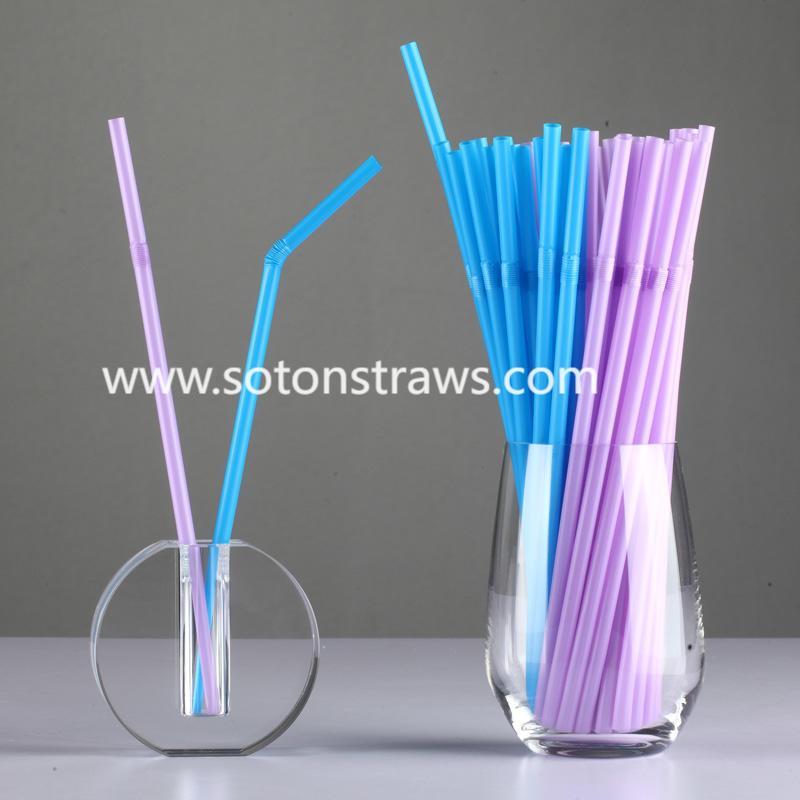In an era when sustainability is no longer an option but a necessity, even the smallest items in our daily routine are being reevaluated through a greener lens. The Straws manufactory—once a symbol of mass plastic production—has rapidly evolved into a pivotal player in environmental innovation. With eco-conscious consumers demanding safer, renewable alternatives, this industry is experiencing a quiet revolution built on cutting-edge material science and ethical design.
A modern straws manufactory now incorporates biodegradable and compostable solutions at every stage of production. Unlike conventional facilities that focused on sheer volume, today’s manufacturers prioritize raw material integrity, clean energy use, and product lifecycle transparency. This holistic transformation is not just beneficial to the planet—it’s becoming a core demand from global food and beverage brands looking to maintain a sustainable public image.
One of the pioneers in this evolution is Soton Straws, headquartered in Yiwu, China. With over 25 years of experience, the company has combined technical innovation with environmental responsibility, offering clients a wide portfolio of paper, PLA, bamboo, and wheat straws. Soton doesn’t just manufacture straws—it builds environmental trust. Their facilities are equipped with intelligent production lines and adhere strictly to international standards like ISO, BRC, and FSC.
Material innovation remains central to Soton's strategy. Paper sourced from responsibly managed forests, PLA derived from renewable resources such as sugarcane or corn, and water-based inks for printing are all part of the company’s approach. Each material is tested for food-grade safety, durability, and compostability—ensuring the straws not only serve their short-term purpose but also break down cleanly without harming the environment.
What further differentiates Soton from others in the industry is its integration of design customization and large-scale sustainability. Customers can choose from a variety of diameters, lengths, textures, and packaging styles—allowing businesses in hospitality, retail, and catering to align brand aesthetics with environmental values. This synergy has enabled many of Soton’s partners to replace plastic with planet-friendly alternatives without sacrificing style or performance.
Soton also extends its influence through its educational partnerships. The company actively collaborates with universities and trade organizations to foster R&D in green materials. It sponsors campaigns that raise awareness about marine pollution and plastic waste while promoting proper disposal of biodegradable products. Through these initiatives, Soton bridges the gap between product and purpose, helping consumers understand the significance of their daily choices.
Operational transparency and scalability are equally important. Soton’s modern production base incorporates renewable energy where possible, reuses wastewater, and minimizes offcuts through precision manufacturing. These practices reduce carbon footprint and inspire similar transformations across other sectors of the single-use product landscape.
The shift from plastic to sustainable materials is not just a trend—it’s a structural transformation, and the straw manufacturing sector is uniquely positioned to model how meaningful that change can be. When design, material sourcing, and consumer values align, the outcome is more than a product—it’s a step toward environmental accountability.
Soton Straws continues to exemplify how responsible manufacturing and forward-thinking design can coexist on a global scale. Their success demonstrates that industrial efficiency and ecological integrity can walk hand in hand.To explore their sustainable straw collections and learn more about their innovations, visit: https://www.sotonstraws.com/product/ .
 Free IL
Free IL


